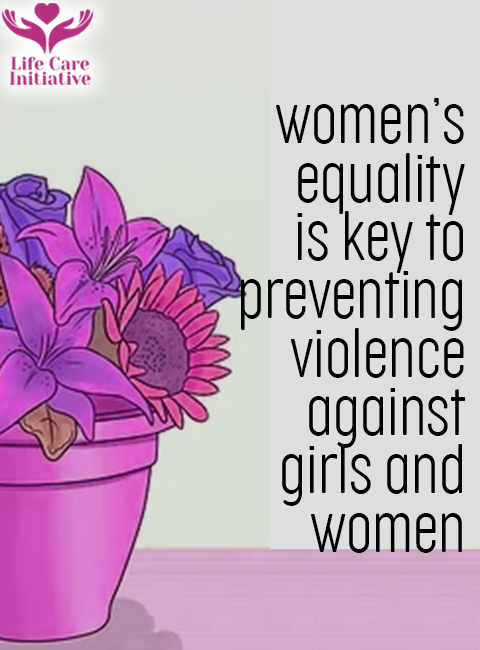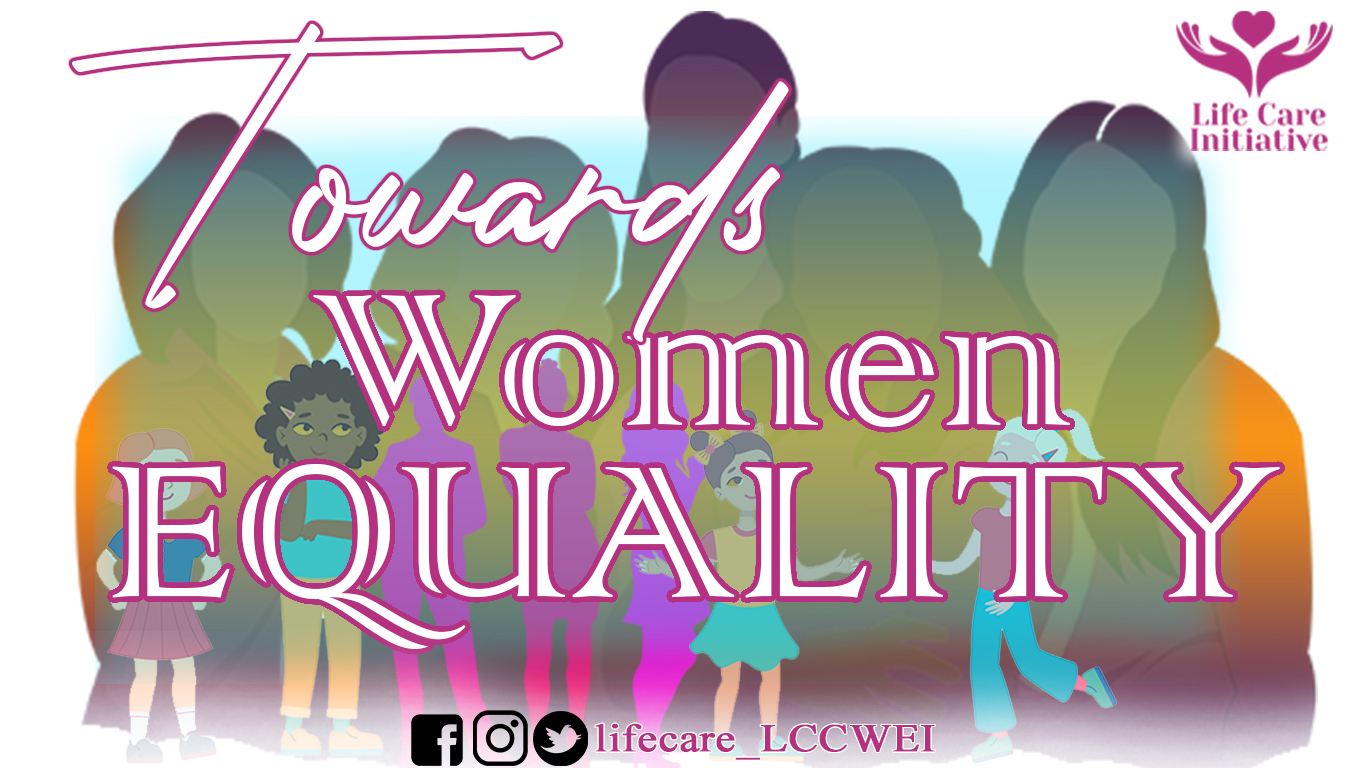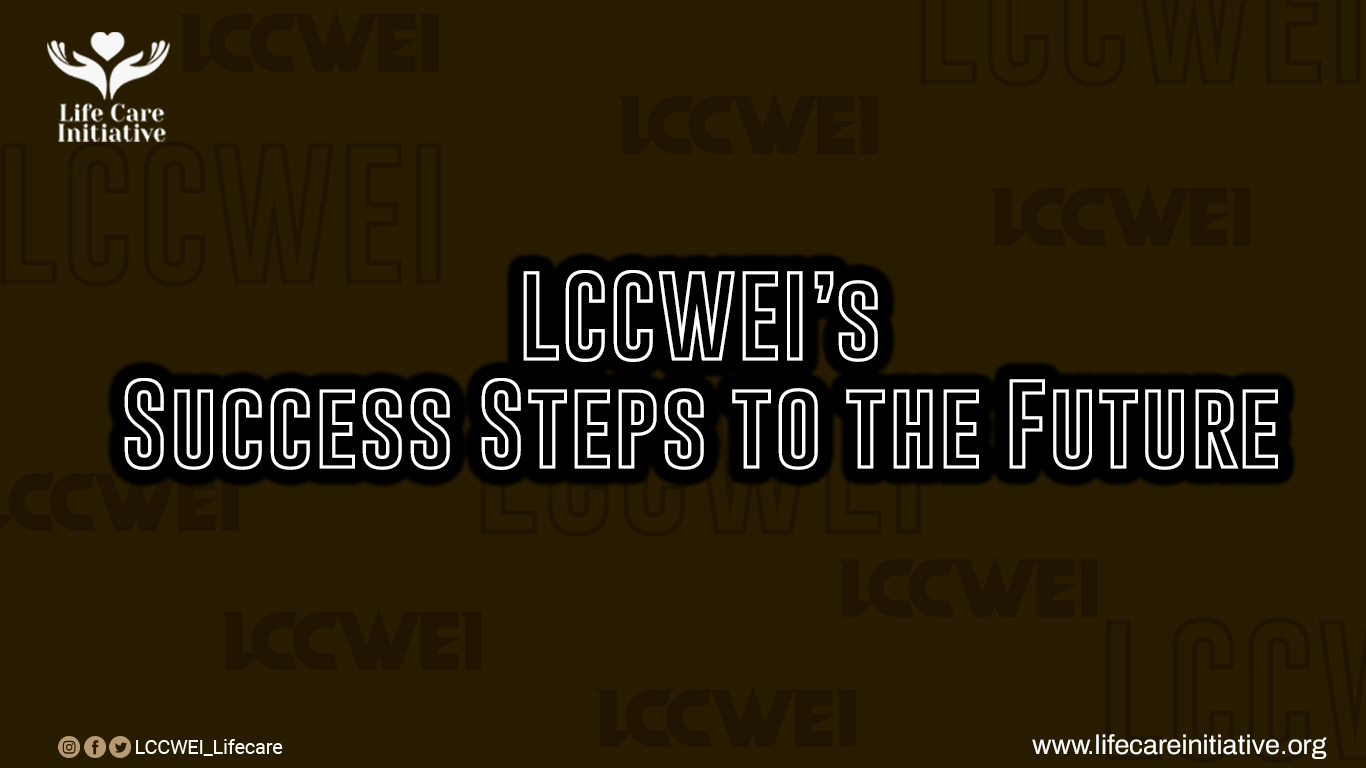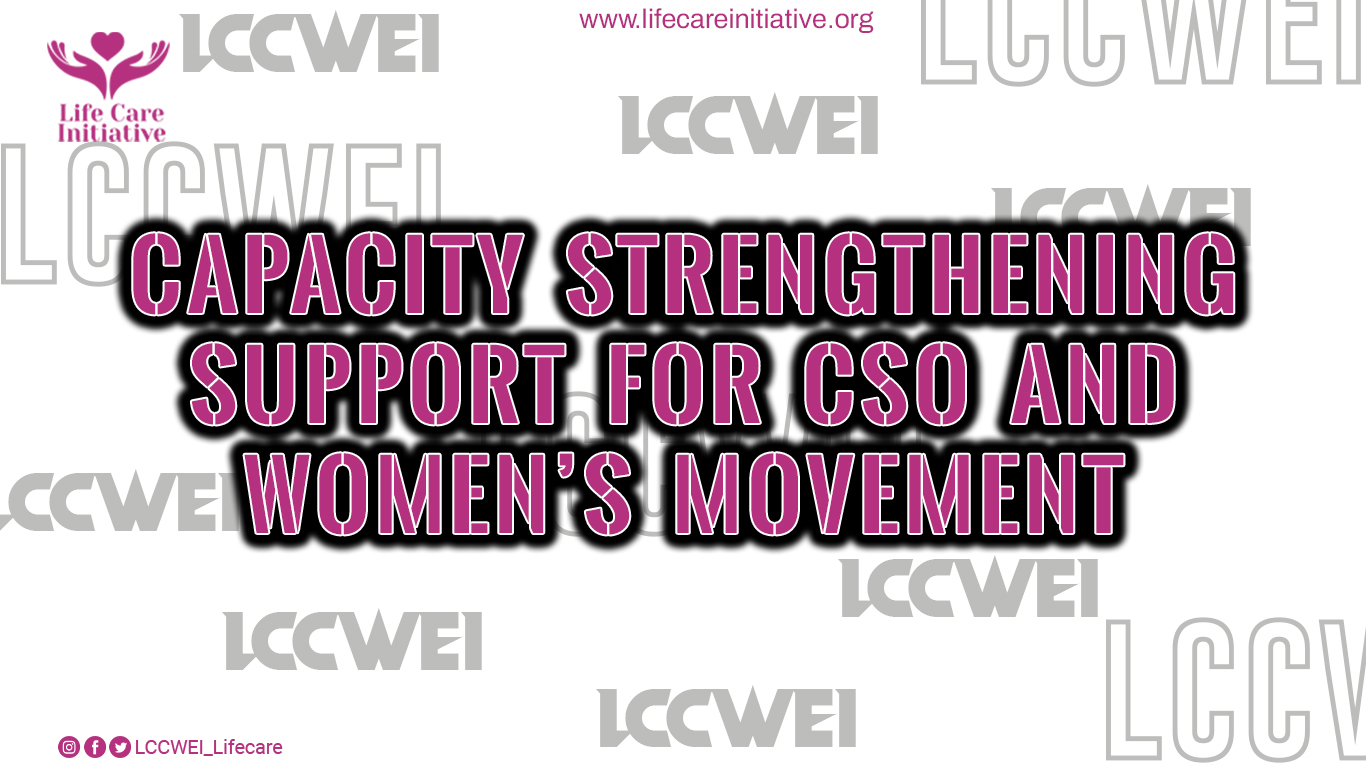Society is still faced with the issue of gender inequality because the voices of children and women are excluded when national decisions are made. Designing programs and policies without the input of women’s needs means the society is setting itself up for failure. Involving women in decision-making will make boys and girls equally held responsible for home chores and not the latter alone. Major obstacles to girl education and empowerment are their position in society. For example, girls are perceived to be the caregivers to their young siblings among other duties like bringing water and collecting firewood, which subjects girls to the risk of physical and sexual abuse if they walk for long distances.
Secondly, achieving women’s equality would include stopping early marriage and sexual harassment. Child marriage is among the primary impediment to girls’ education. In Western African countries, a large percentage of girls are married before attaining the maturity age of 18 years. If girls are to acquire education like boys, the concerned groups have to end early marriage. The issue of sexual harassment of girls has to be addressed adequately. Is the education system in most Western African school gender sensitive? No. Most of the learning materials in institutions promote negative gender stereotypes. Gender sensitivity is not about ensuring the number of boys and girls are equal in a learning institution; let the material and resources used in schools assign similar responsibilities to either gender of learners. Like girls, mothers, too, need to be empowered if they are to make correct choices in their lives. Women face discrimination and inequalities at various workplaces; this affects their self-esteem. Empowering women means giving them the same opportunities as men in the workplace.

In conclusion, women’s equality is key to preventing violence against girls and women. The community is thus made safer and healthier. It is a fundamental human right and critical to economic prosperity.





